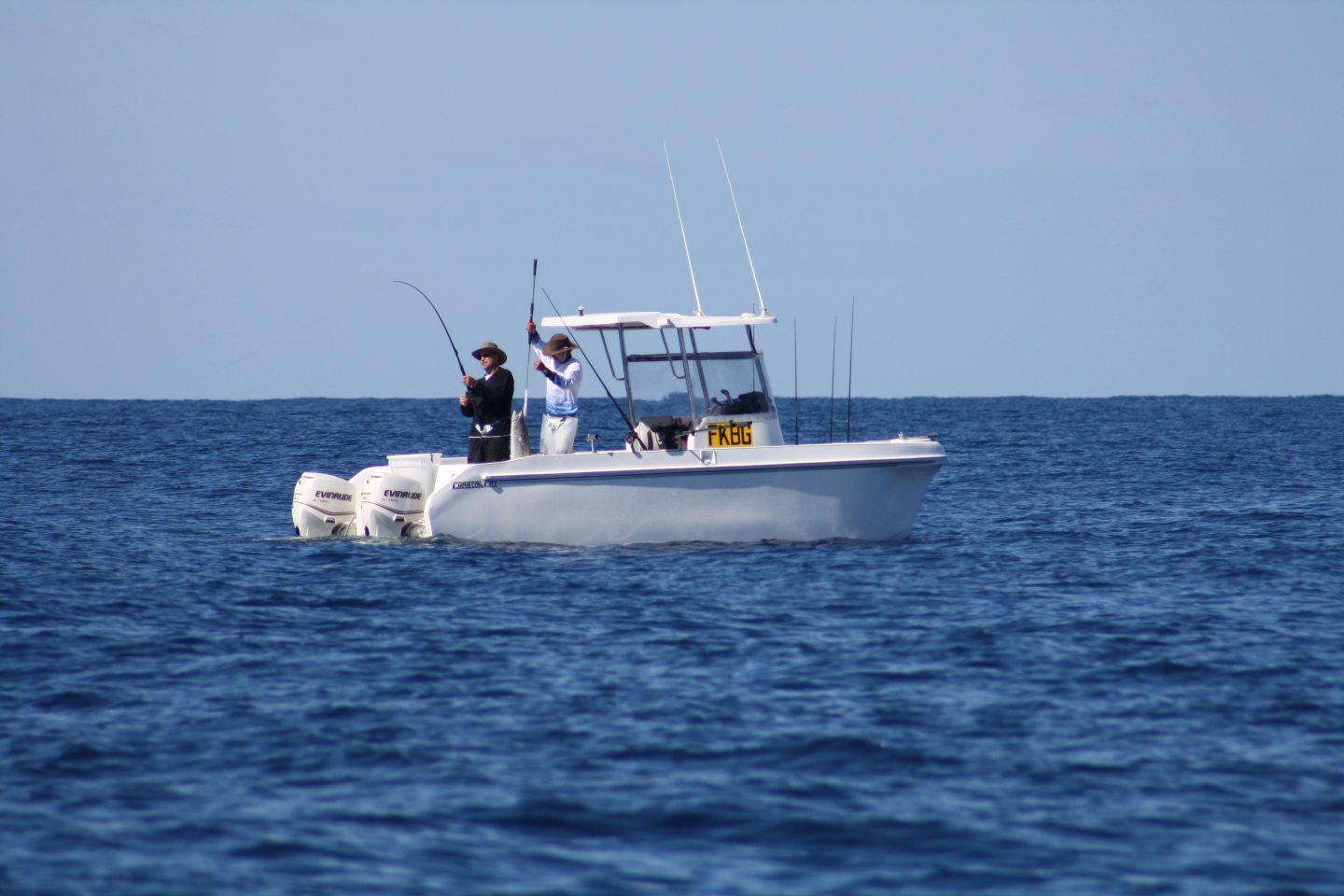Taking the politics out of fisheries management

In recent times my industry has been through two reform processes – the first being the MRAG Review (the review was initiated by the former QLD Liberal National Party) which never produced a final policy paper from government. The process was halted due to the 2015 Queensland State election. The second was initiated by the Australian Labour Party (Qld) which led to a green paper and a final fisheries policy paper which is now being implemented.
There are multiple political layers involved in the management of Queensland commercial fisheries:
- The elected government and the opposition.
- Environmental, non-government organisations (eNGOs).
- Recreational fishing groups
- Conservation management (at the State level the Queensland Department of Parks and Wildlife and at the Federal level the Great Barrier Reef Marine Park Authority)
- The Federal Department of Environment and Energy and for commercial fishers working Commonwealth waters you need to add the Australian Fisheries Management Authority.
For the purpose of this post I will focus on the elected official level in this article with a focus on the other fisheries stakeholders in later posts. The question guiding this post – Is it possible to create a fisheries management system that limits the political influence of stakeholders?
Quote 1 – former Queensland Fisheries and Agriculture Minister, Bill Byrnes stated, ‘Net-free zones are a common sense approach to resource sharing and will offer significant benefits in tourism and recreational fishing in Queensland’. To date there has been no rush to invest in recreational fishing tourism or charter fishing.
Tourism will receive boost from net-free zones: Bill Byrne.
Quote 2 – Great Barrier Reef Marine Park Authority (GBRMPA) presentation titled, ‘A Pathway to Stewardship’. The presentation, slide 8, states, ‘The creation of the NFZs provided an ideal opportunity to advance recreational fisheries stewardship in a more meaningful way’. Nothing beats the politicking from the GBRMPA for a non-scientific, anti-industry policy.
Quote 3 – The Victorian Premier, Hon Daniel Andrews supported the ‘Target One Million’ policy noting, ‘We will establish Target One Million to increase fish stocks, improve fishing and boating facilities and help local clubs promote this great pastime. And we’ll take fishing education into our classrooms’. A significantly better policy approach would involve providing school children with an education around food production (agriculture generally and its contribution to the Australian food web) and an appreciation for the families that help harvest food for the community’s benefit.
QSIA, during the recent State election, called for the creation of a non-government, statutory officer and state fisheries board (statutory authority). The state fisheries board could be authorised and accountable for day-to-day execution of fisheries management decisions and delivery of harvest strategies. The membership of the state fisheries board could include:
- Expert and highly skilled individuals with considerable experience in fisheries matters.
- You would also need experts with the economic management, data analysis, business acumen and strategic insight needed to manage what are predominantly multi-species fisheries.
- Individuals that understand due diligence, fiduciary responsibility and fit and proper status requirements mirroring that of a company director for example.
The push for a politics free fisheries management environment may be wishful thinking but it could be achieved but requires the support of politicians.
Just imagine the following scenario:
Queensland commercial fisheries – are only managed through the use of scientific data. Fishing effort from commercial, recreational and charter fisher effort data are used to determine allocations not reallocations of the marine resource. Perhaps in this brave new world reallocations move from recreational to commercial fishers.
It should be noted that under the current Queensland fisheries reform process the State government will develop a resource allocation and reallocation policy, see page 19 of the Qld Sustainable Fisheries Strategy. If we had a detailed allocation policy before the introduction of NFZs perhaps the zones (as fisheries policy) may not have eventuated. The new policy has not been shared with industry and other fisheries stakeholders for comment. The ability of the government of the day to manipulate or ignore the outcomes of an allocation policy are yet to be seen.
Qld Sustainable Fisheries Strategy
Author: Eric Perez, CEO – Queensland Seafood Industry Association
Image Credit: P. Truman, commercial line fisher, QSIA member
The content of this post is provided for information purposes only and unless otherwise stated is not formal QSIA policy. The information on these posts are provided on the basis that all persons accessing the information undertake their own responsibility for assessing the relevance and accuracy of it.

